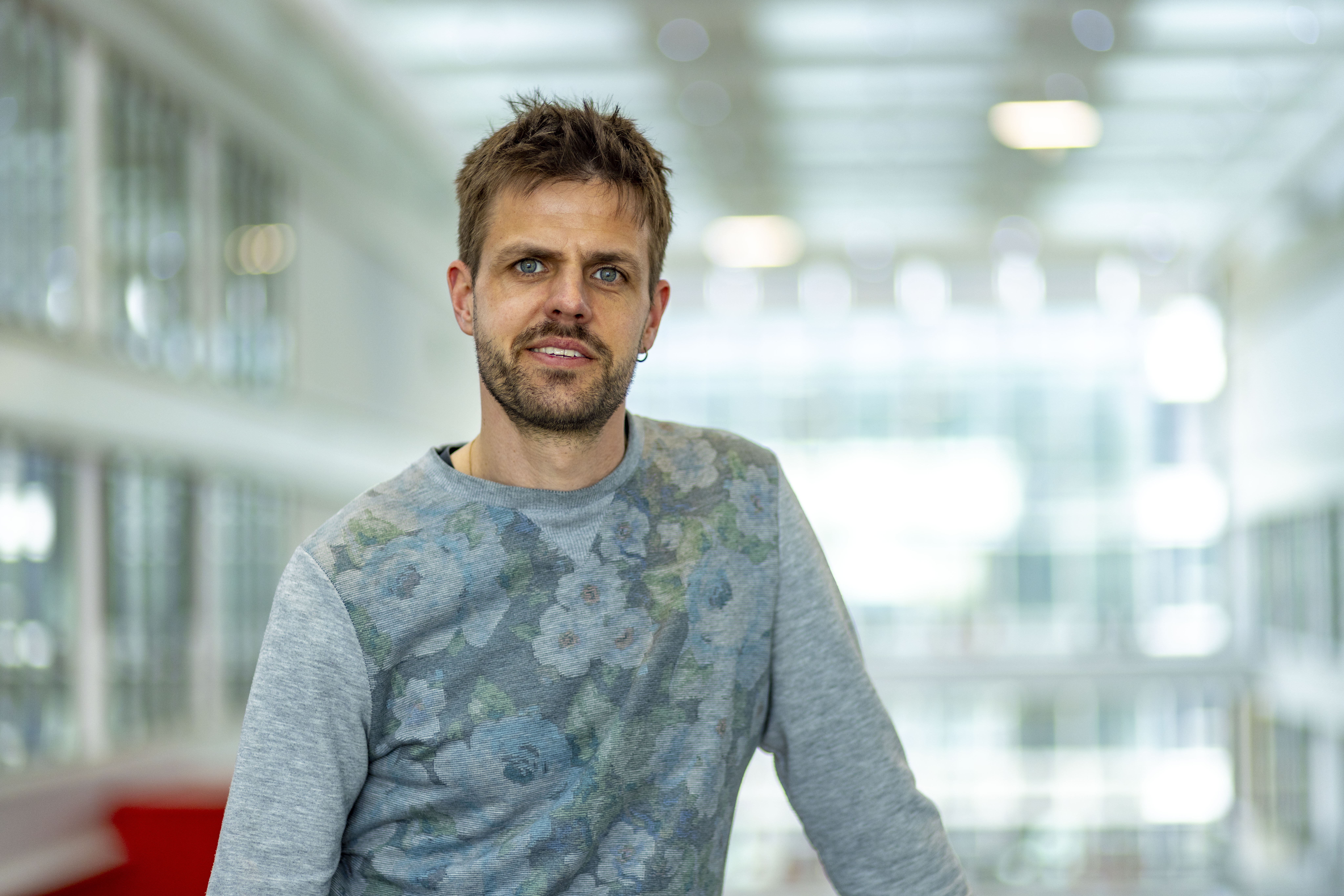Generative AI as a research topic
I investigate how the design of generative AI systems influences human behavior and decision-making, and how these systems can be crafted to foster trust, collaboration, and better outcomes in human–AI partnerships.
Assistant Professor · Department of Marketing · emlyon business school
I am an Assistant Professor at emlyon business school, investigating human-technology interaction from a psychological perspective. I study how individuals perceive ethical technology usage and design, how personality traits shape behavior when collaborating with intelligent systems, and how people interact with generative AI—from the quality of GenAI-led interviews to ways GenAI can broaden idea diversity in collaborative creativity. My research is motivated by the purpose of contributing to technology development that benefits human beings the most. I earned my Ph.D. in Technology Marketing from RWTH Aachen University in 2020.
I also co-organize the EMAC Consumer Behavior Special Interest Group, curating monthly online seminars and conference sessions that spotlight emerging research in consumer behavior. I live in Paris and love running along the Seine—feel free to connect with me on Strava.

I investigate how the design of generative AI systems influences human behavior and decision-making, and how these systems can be crafted to foster trust, collaboration, and better outcomes in human–AI partnerships.
I explore how generative AI can act as an interviewer to study human experiences and social dynamics, offering new ways to gather insights and understand complex interactions between people and intelligent technologies.
I study how humans and AI can work together most effectively by leveraging their complementary strengths. My research focuses on designing collaboration processes and systems that enhance mutual understanding, trust, and performance in human–AI partnerships.
I test how prosocial framing, transparency, and human-in-the-loop controls motivate people to disclose data, comply with safeguards, and trust technology solutions that serve the greater good.
A selection of peer-reviewed articles and working papers exploring ethical technology adoption, human-machine collaboration, and consumer perception. Full publication list is available on Google Scholar.
Extends the Technology Acceptance Model to quantify drivers of responsible AI use in higher education and estimate cheating prevalence in exams.
Demonstrates how efficiency framing closes the perception gap between managers and consumers when evaluating technology-led innovation.
Shows that awareness of AI authorship reduces perceived competence without diminishing the willingness to follow AI advice, highlighting nuanced AI aversion.
Identifies prosocial benefit framing, institutional trust, and perceived ease of use as levers that increase disclosure in tracing apps.
Unpacks employee personas and appraisal processes that drive willingness to collaborate with service robots in frontline roles.
Explores how autonomy and psychological ownership shift responsibility attribution in human-robot service encounters.
I design hands-on learning experiences with the support of GenAI and with GenAI at the core of marketing education—from market segmentation games to thesis ideation copilots and qualitative analysis tools that allow class interactions and comparisons.
An interactive classroom game where students run live segmentation experiments using GenAI personas and feedback loops to explore positioning strategies.
View projectA GenAI sparring partner that blends retrieval-augmented research reviews with reflective prompts to help students converge on meaningful thesis ideas.
View projectA qualitative analysis assistant that compares interview coding across students, highlights divergences, and guides methodical sense making.
View projectA teaching-ready environment for prototyping GenAI-enhanced storefronts, integrating external APIs, and experimenting with own website coding with GenAI.
View projectI partner with marketing, insight, and learning teams to prototype and deploy human-centered generative AI solutions—grounded in rigorous research design.
Custom GPT/RAG interview assistants and qualitative coding pipelines that speed up market research while keeping human oversight central.
Deploy branded assistants that connect to your data sources, answer customer or employee questions, and surface insight handoffs for your team.
Practical sessions on using GenAI for web design sprints, API-connected automations, and learning from unstructured data—built around your team’s context.
Integrating GenAI solutions that analyze text and other unstructured inputs—such as customer feedback—and infuse the insights into company dashboards for better decision making.
Curious about a prototype or implementation? Let’s build a GenAI solution together.
For research partnerships, GenAI-powered market research, hands-on teaching, or custom AI tool development, feel free to reach out directly. I’m keen to explore projects that bridge human insight and technological innovation.